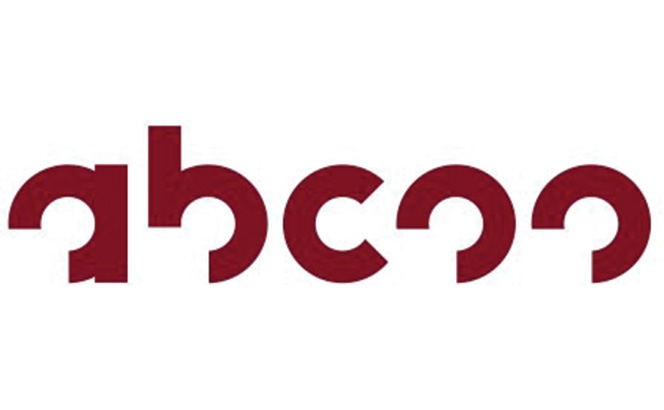Starting from the early 2000s, Turkey became increasingly popular in the eyes of foreign investors. By increasing their market share every following year, the real estate investments reached a significant level as a result of such foreign investments, which include different types of investments and investors. Direct investment by acquisition of a property following the incorporation of a company in Turkey; indirect investment by acquisition of shares of a company, which already own a property; or investment by forming of a joint venture with a Turkish company may be regarded as examples of foreign investments in the Turkish real estate market. Similarly, the countries of origin of the investors also diversified throughout the time. Today, in addition to the US and Europe, Turkey welcomes numerous investments from the Gulf Region countries and Far East countries as well.
The main group of investors in the Turkish real estate market include foreign real estate funds/companies; project development companies; investment companies as well as foreign persons who wish to acquire a property in Turkey either for personal use or to obtain Turkish citizenship. The investments may focus on shopping malls, office buildings, residences, or involve construction of hotel projects, entering into partnerships with the owners of completed projects or acquisition of all shares of the same, etc. Furthermore, the investors also prefer to be a part of revenue-sharing agreements or become a partner of the government in construct-operate-transfer1 projects or public private partnership (PPP)2 projects.
A foreign-capitalised Turkish company is defined as a company which is duly incorporated under the laws of Turkey, and all shares, or a part thereof, of which are held by one or more foreign investor(s). The definition of a foreign investor, on the other hand, includes foreign real persons, and Turkish citizens residing abroad, as well as legal entities and international institutions incorporated under the laws of foreign countries.
Unlike Turkish companies owned by Turkish citizens residing in Turkey or in foreign countries, the acquisitions of real properties by certain foreign-capitalised Turkish companies are subject to a permission procedure. Such companies consist of those commercial companies, which are duly incorporated in Turkey and in which any foreign real person; and/or legal entity incorporated under the laws of a foreign country; and/or any international institution holds 50% or more of the shares in the ultimate shareholding structure (ie, regardless of whether at the foundation phase or later) or have a right to assign or dismiss the majority of the executives of the company. The foregoing companies may acquire and/or use real properties and restricted real rights for the purpose of performing their respective operations within the scope stated in their articles of association; provided that they obtain the necessary permission. The permission procedure must also be followed in cases where any foregoing company becomes a shareholder in a Turkish company and ultimately holds at least 50% of the shares of such Turkish company as a result of the share transfer.
As stated above, the relevant foreign-capitalised companies may acquire and/or use real properties and restricted real rights so as to conduct their respective operations. In other words, the purpose of use of these real properties must be in compliance with the relevant company’s ‘field of operation’ stated in its articles of association. Within this framework, the competent authorities request from such companies ‘an undertaking stating that the company requests the acquisition of ownership of a real property or establishment of a restricted real right on a real property in order to conduct its operations within the field stated in its articles of association’. As an example, a company operating in the tourism sector would not be allowed to acquire the ownership of a real property for investment purposes only; yet it would be allowed to acquire it for tourism activities.
Moreover, the acquisition of real properties that are located within the borders of any ‘military prohibited zone’, ‘military security zone’ or ‘special security zone’ is also subject to the permission of the relevant military branch (for military zones) or the governor (for special security zones). Before granting such a permission, the relevant authorities also examine whether the subject acquisition is permissible considering the ‘security of the country’.
For the acquisition of a real property by a foreign-capitalised company, an application must be filed with the competent land registry office by submitting the required information and documents relating to the subject property and the acquiring company. In practice, in cases where the relevant property is not located within any military or special security zone, the acquisition of the property may be completed within one or two business days. If, however, the property is located within one of such zones, the land registry office contacts the relevant military branch or the governorship, which may prolong the process. In any case, such applications are usually finalised within a month approximately.
As briefly summarized above, acquisition of real properties by foreign-capitalised companies is legally possible under Turkish law. Plus, the relevant permission procedure is easy-to-follow and the applications are mostly finalised successfully within a short period of time.
1 Construct-operate-transfer is a method that has been preferred by the states for the construction of large-scaled projects, such as highways, bridges, airports in emerging markets. Under this method, the contractor/developer constructs the large-scaled project and the government allows the contractor/developer to utilise such project for 20 to 50 years and collect any revenue generated from the project. The logic behind this model is that the state does not finance the project; yet acquires the ownership of a large-scaled project upon expiration of the contractor’s operation period. Construct-operate-transfer is a subset of the public private partnership model.2 Public private partnership is a project development method where the government and its bodies share the risks and the revenues of the projects with private bodies, such as development companies, contractors, etc. This model is preferred mostly in the renovation of infrastructure projects. Especially in Turkey, this model is used in the large-scaled hospitals where the contractor constructs and equips a hospital and the government then manages it as a public hospital.
For more information, please contact:
A. Murat Aygün, partner, real estate and construction
Abcoo Law Firm
İnönü Caddesi Devres 50 K: 2
Beyoğlu 34427 Istanbul
T: T: +90 212 293 05 93
F: +90 212 293 05 94
E: m.aygun@abcoo.com.tr















